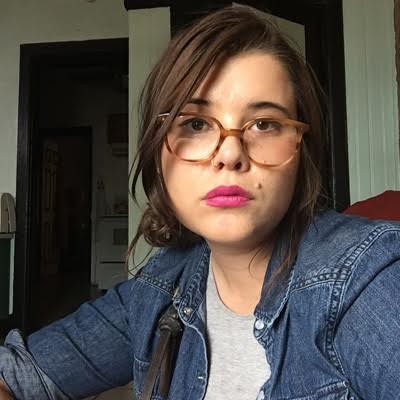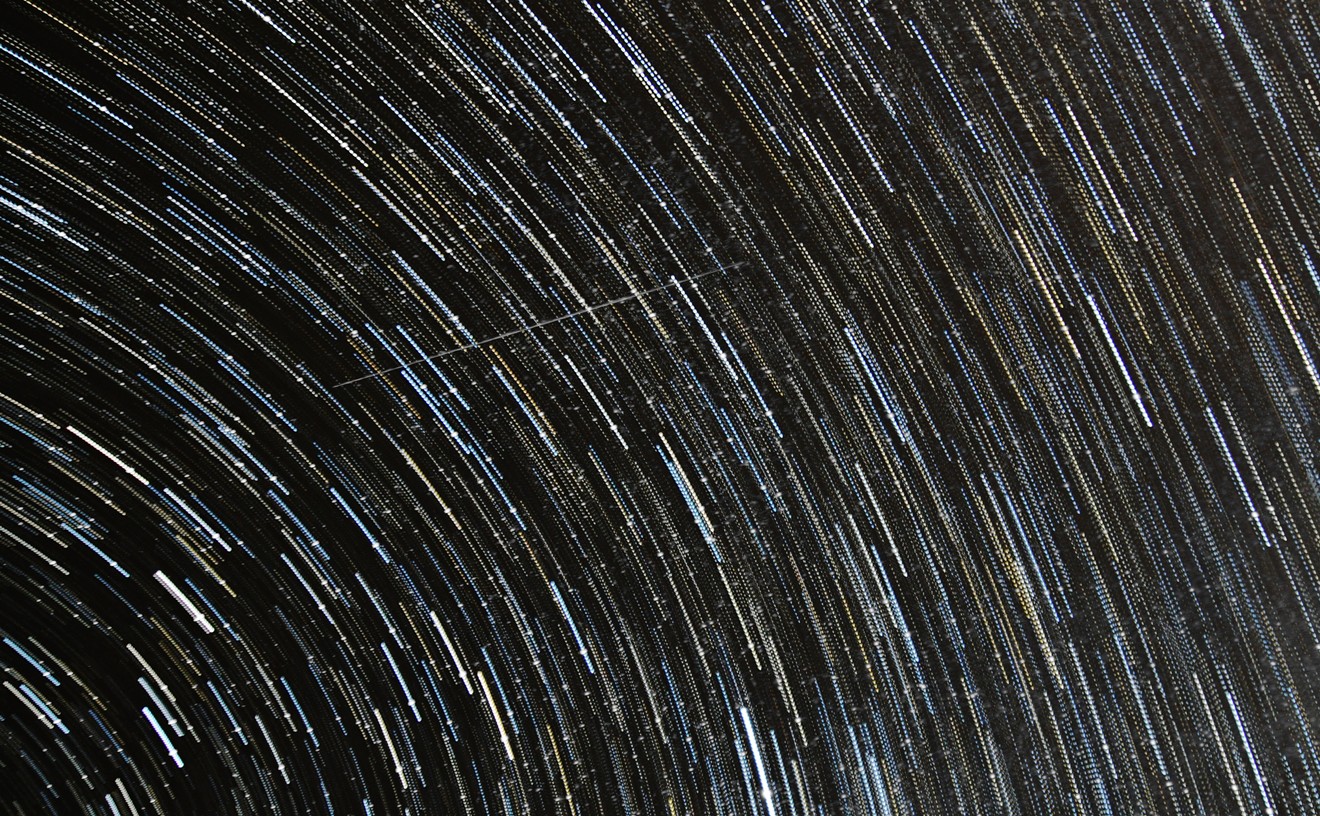History buffs and Southwest aficionados take note. Denver-based director Ethan Knightchilde's documentary Ghosts of the West is playing at FilmBarfor a special one-night-only event hosted by local historian Marshall Shore. Ten years in the making, his haunting look at ghost towns has been wildly popular, selling out its screenings in Colorado with lines forming an hour before showtime. Knightchilde spoke with Jackalope Ranch about the Arizona locations in the film, the difficulties in filming the documentary, and why it's been so popular in its limited release.
See also: 15 Documentaries Released in 2013 That Help Explain the World
Why did you want to make a documentary about ghost towns? When I was 9 years old, I came across a mystery novel about a ghost town and lost mine. Something about it resonated very deeply, but a kid growing up on the east coast didn't exactly have the opportunity to explore the remnants of the Old West. Years later when I hiked into a silver camp in Colorado's Elk Mountains, the seed planted in my childhood sprouted and grew. Standing before the weathered facade of an 1880s hotel, I could not help but feel that the old building somehow stared back at me; and I wondered what those vacant windows had seen in the days when the town bustled with life and the mere rumor of a strike could send men scrambling through unexplored wilderness.
Why do you think people are still so curious about Old West ghost towns? It's the same as when I read that book at 9 years old, there's just something about the ruins of the Old West that gets to us. And I think it gets to people in very different ways.
What do you think we can learn from these abandoned mining cities? We actually touch on that idea at several points during the film, but we don't devote much time to it. That would make for a very different documentary. But I'll say this-- if you put aside your preconceptions about anything or anyone and open yourself up to a different point of view, you might learn something new, something that could completely change your outlook. Like the saying goes, ignore the lessons of history at your own peril.
How did you begin your directing career? I've been making short films since I was a kid, and I always tried to make a movie that I was not only proud of but personally would like to see on the screen.
What do you think has caused the audiences who've seen the documentary in its limited release to react so intensely toward it? Everyone involved in the production was deeply committed to it and we all approached the subject matter with the greatest respect. I really think that comes across. At several screenings, audience members who lived in these towns or whose family histories were touched by the events portrayed on screen thanked us for our treatment of their bit of history.
As an example, I told the post-production team that if we got the sequence on the Ludlow Massacre wrong on any level I'd have to leave Colorado in shame. At a screening in August, one audience member whose ancestors were at Ludlow approached me after the show. I'm happy to stay I'm still a Colorado resident.
Why did the documentary take ten years to make? What was the process like? We felt it would be grossly unjust to talk about a town without visiting it ourselves. People brought their hopes and dreams to these frontier places against odds that we can't even imagine today. They didn't have SUVs or GPS or topographical maps. They lived and many died there--usually in very tragic circumstances. How could we hope to tell their stories with any sense of honesty and integrity unless we went to those same places ourselves?
Every year for eight years, we spent the months between late fall and early spring researching a specific region's history and its surviving structures. We studied topographical maps to determine the best routes to isolated sites and were ready for production once the spring melt-off began. After location photography concluded in September 2010, we began the process of finalizing the script, shooting interviews, locating archival photos, auditioning and recording voice talent, and of course editing. The first test screenings took place in September 2012 at the same theater that played the very first teaser trailer four years earlier.
What is the overall tone of the documentary? We took a very traditional cinematic approach; you won't see any overt camera or editing work--no cuts every two seconds or shaky cam or anything else whose sole purpose is to "add drama." Far too many films seem to rely on gimmicks today. The events discussed in Ghosts of the West are dramatic in their own right, so we let them speak for themselves.
What was the most difficult part about making this film? You mean aside from the years of research, a hundred days of shooting over close to a decade with at least one near-death experience, a year of searching through archives for historical photos, Kodak's discontinuation of the motion picture film stock we'd been using, or making the painful decisions of what to cut out of the original rough cut?
Seriously, nearly every single thing presented major challenges. One of them was sorting through the layers of embellishment added to historical events. Just look at the tale of the Lost Dutchman-- ask 1,000 people and I guarantee you will get 1,000 different stories, probably with any two of them irreconcilable on key points.
What is the focus of the documentary? Is it mostly historical or the modern state of these ghost towns or some mix of both? The film does not take a geographical or chronological. Rather, the histories we chose to present occupy a moment in time on the "discovery¬boom-bust" arc that the vast majority of mining camps and towns of the Old West followed. The film then discusses the wide variety of fates the towns suffered once they went ghost and the related topic of lost mines and caches.
What do you hope audiences take away from your film? At every screening we've attended, there is always one question from an audience member that we've never heard before. That tells us that the film is working at multiple levels. At a minimum, I would hope that people come away from the film having learned something new while being entertained.
Where in Arizona was the documentary filmed? Our Arizona locations included Jerome, Cleator, Crown King, Bumble Bee, Stanton, Congress, Vulture, Tombstone, Pearce, Courtland, Gleeson, Bisbee, Cochise, and Goldfield to name a few. We also shot a lot of B-Roll at the Painted Desert, Oak Creek Canyon, Red Rock, Grand Canyon, and the Superstitions--but not all towns and landscapes make an appearance in the movie.
What was your favorite location to shoot at/learn about, and why? There were so many incredible locations we were privileged to visit and so many remarkable histories we delved into that I don't know if I could ever narrow a list down to even one per State, let alone one above all others. I can say though that you'll find quite a bit of space on my bookshelves devoted to the Lost Dutchman Mine.
Are you working on or planning any other projects right now? We have two in development: a science fiction animated movie and a second "Ghosts of the West" documentary.
What's the number one reason Phoenix audiences should catch your documentary at FilmBar? Currently there is only one scheduled show in all of Arizona. Additionally, local historian Marshall Shore plans to host the screening. We've sold out venues significantly larger in cities with nowhere near the Old West connections that Phoenix has, so I'd suggest that anyone interested buy their tickets in advance. The film is not available anywhere else.
Ethan Knightchilde's documentary "Ghosts of the West" screens at FilmBar on Saturday, December 14. Tickets for the event are $9 and can be purchased on the FilmBar website.











